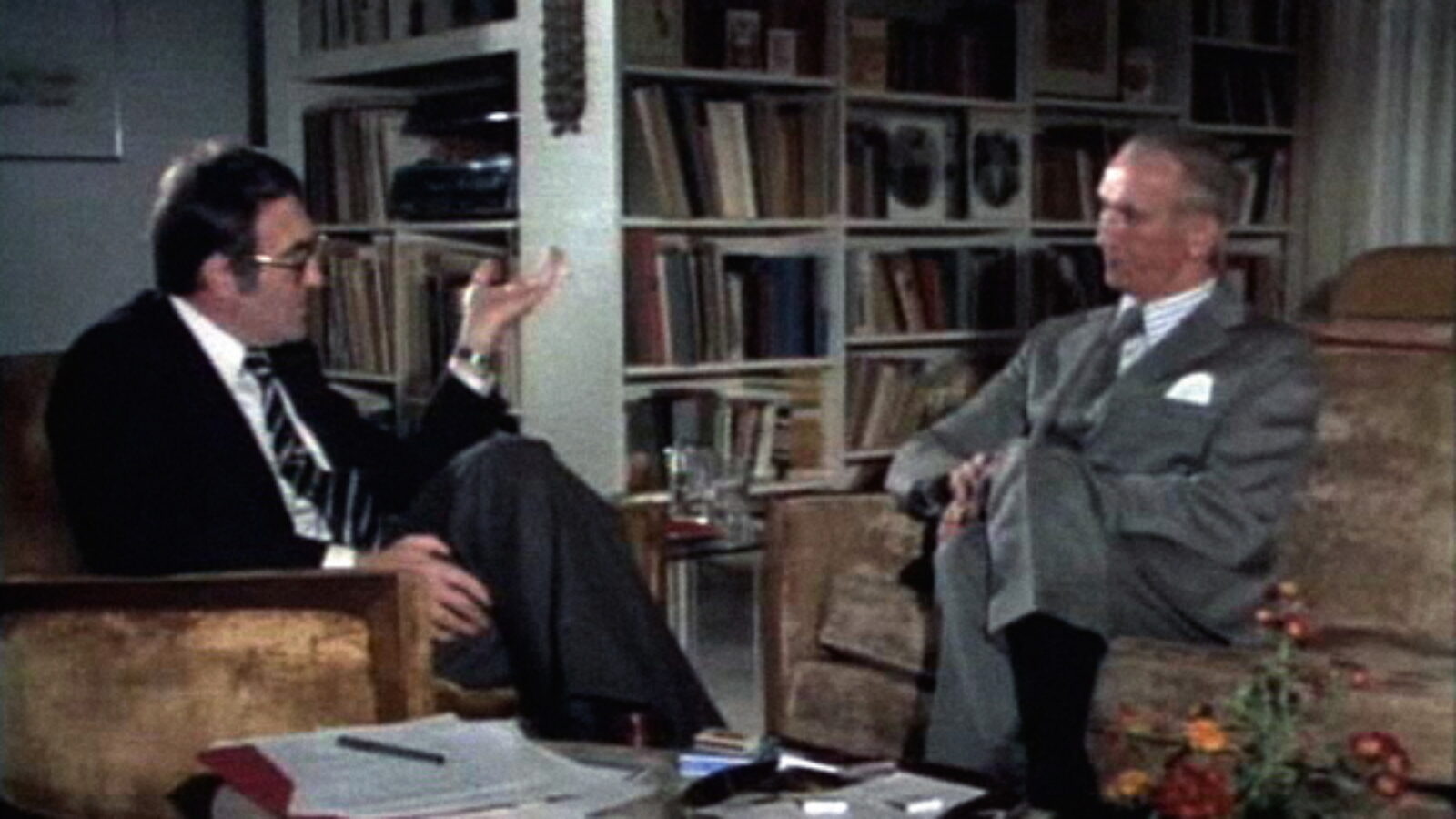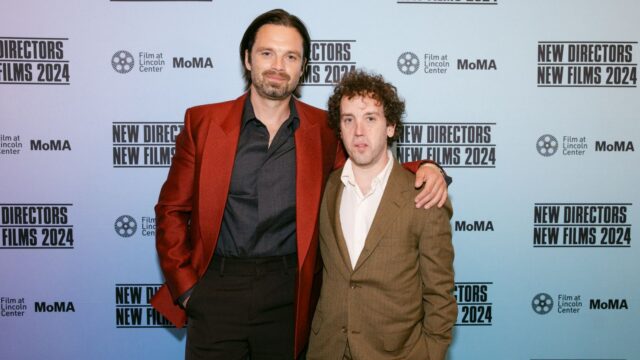The Karski Report

In person: Claude Lanzmann on Saturday, February 26!
The Shoah director’s powerful new film about Jan Karski — the Polish resistance figure who attempted to expose the Warsaw Ghetto and Belzec, and met with President Franklin D. Roosevelt and Supreme Court Justice Felix Frankfurter. “A brief, brutally to-the-point essay on the boundaries of belief.” —Olaf Möller, Film Comment January/February 2011
“Karski figures in the concluding section of Shoah, in which he describes his visit to the Warsaw Ghetto… But he doesn’t mention the officials he reported to, what he told them, and what their response was… The Karski Report is made almost entirely of footage of the interviews on these subjects. The descriptions that, 34 years after the meetings, Karski summons are of a novelistic level of precision and insight that are, in themselves, literary acts of the first order. The decisive moment that he describes with an astonishment that still arouses his deepest and most troubled emotions concerns his narration, to Frankfurter (who, as Karski knew, was Jewish), about the Warsaw Ghetto and the extermination camp Belzec. Frankfurter’s response, Karski said, was, ‘I do not believe you.’ When the Polish ambassador, who was present at the meeting, vouched for Karski’s irreproachable honesty, Frankfurter responded, ‘I did not say that he is lying; I said that I don’t believe him.’ After describing his own shattered inward reaction to Frankfurter’s declaration, Karski makes a philosophical point of an extraordinary profundity. He explains that he considers the Holocaust both a unique and an unprecedented historical phenomenon, and one that, precisely for that reason, defies comprehension.”
—Richard Brody, The New Yorker
SCREENING WITH
A Visitor from the Living
Claude Lanzmann, 1997, France/Germany; 65m
“In 1979, while making his epochal Holocaust film, Shoah, Claude Lanzmann filmed this interview with Maurice Rossel, a Red Cross doctor from Switzerland who, having visited Auschwitz and Theresienstadt in 1944, gave the latter a highly favorable report…Rossel is easy to despise and easier to mock, but the cold light of his detachment serves as a reminder of the tyrannical deceits that, even now, conceal atrocities.”—Richard Brody, The New Yorker
You might also be interested in: Claude Lanzmann's Sobibor, Oct. 14, 1943, 4 p.m, Thomas Harlan's Wundkanal and Robert Kramer’s Our Nazi.






